Explaining and clarifying a number of issues raised by National Assembly deputies, Minister Nguyen Van Hung said that after the Ministry of Culture, Sports and Tourism was assigned the task of state management of the press sector, the Government directed the Ministry to preside over and coordinate with relevant agencies to develop a draft Law on Press (amended) to submit to the National Assembly.
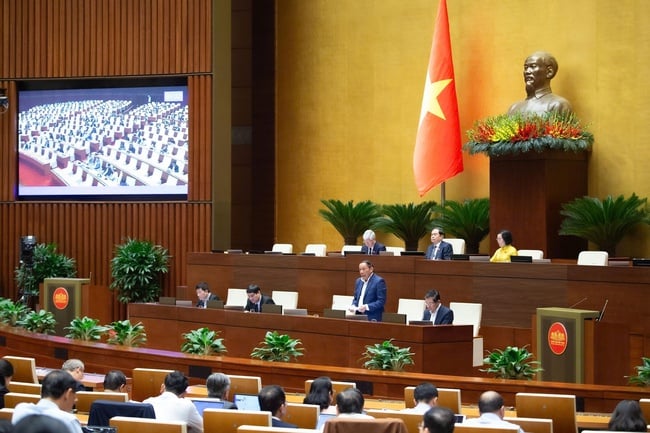
Minister of Culture, Sports and Tourism Nguyen Van Hung explained and clarified a number of issues raised by National Assembly deputies.
At the group discussion session, National Assembly delegates contributed many valuable opinions, which the drafting agency seriously accepted and reported.
During the discussion session in the hall today, delegates made many profound statements. Opinions expressed the hope that the promulgated Law would promptly institutionalize and synchronize the Party's viewpoints and guidelines and the State's policies on the press. The Law must ensure that the Vietnamese revolutionary press, with its nearly 100-year tradition, continues to develop, ensuring humanity, professionalism and modernity. In addition, the amended Law must focus on removing bottlenecks, obstacles and inadequacies that have arisen after 8 years of implementation.
Referring to a number of major issues that many delegates were interested in, Minister Nguyen Van Hung said:
Regarding the management of information and products on cyberspace, many National Assembly deputies expressed concerns about products produced by individuals and organizations on cyberspace causing negative impacts, competing with the press market share and violating copyright. The Minister stated that this draft Law does not regulate the posting of information on cyberspace by individuals and organizations but only focuses on regulating the organization and operation of the press; the rights and obligations of agencies, organizations and individuals participating in and related to press activities.
Contents related to the activities of individuals and organizations in cyberspace have been fully regulated in the Law on Cyber Security and Decree 147/2024/ND-CP regulating the management, provision and use of the internet and information on the network, including specific sanctions.
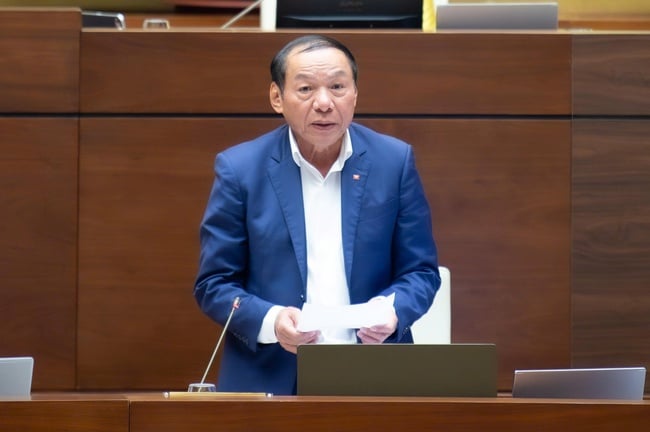
Minister of Culture, Sports and Tourism Nguyen Van Hung explained and clarified a number of issues raised by National Assembly deputies.
Regarding the protection of the legitimate rights of journalists and the people's freedom of the press, the Minister said that during the drafting process, the drafting agency carefully considered the compatibility between the Press Law and other laws such as the Law on Cyber Security, the Law on Advertising, the Penal Code, the Law on Science and Technology, etc. What other laws have stipulated will not be cited in this law. Regarding the organizational model, staffing, and staffing of press agencies, the draft Law does not specifically stipulate, because this is a content that is not within the scope of the law.
Regarding the model of key media agencies and multimedia, the Minister said that according to Decision 362/QD-TTg, the country currently has 6 key press agencies. National Assembly delegates raised the issue of how to create conditions for local press agencies to develop without the need for a "request-grant" mechanism.
"The spirit of the drafting agency is to coordinate with relevant agencies to soon summarize the implementation of this plan, develop a press development strategy, then report to competent authorities to include it in the Government 's Decree. This will fundamentally solve the problem," said Minister Nguyen Van Hung.
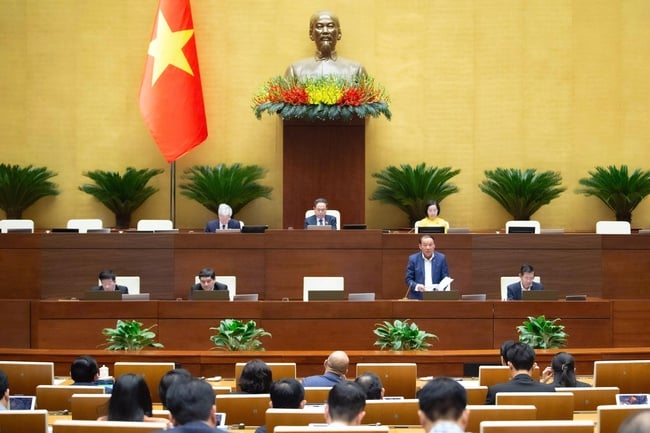
Minister of Culture, Sports and Tourism Nguyen Van Hung explained and clarified a number of issues raised by National Assembly deputies.
Regarding the use of artificial intelligence (AI) in journalism, according to Minister Nguyen Van Hung, the draft Law has provisions on this issue. AI is first and foremost a tool to support the journalism process. Journalistic products, whether created by humans or AI, when posted or broadcast, the head of the press agency and the author must be responsible for the content.
Therefore, the drafting agency has designed in the draft Law the content: "Press agencies, authors, and press works using AI to support press activities must comply with the provisions of the Law on Intellectual Property and professional ethics, and press agencies must have specific regulations on the use of AI".
Regarding the regulations on professional training to issue press cards for the first time, Minister Nguyen Van Hung said that currently, there are about 21,000 journalists nationwide who have been issued with cards. Of these, 31.25% (6,562 people) graduated from university with a major in journalism, while the remaining 68.75% graduated from other majors.
The regulations on professional training courses were issued after the drafting agency widely consulted relevant agencies and agreed with the Vietnam Journalists Association, with the aim of protecting professional reputation, maintaining ethical standards, and helping new journalists avoid violations. At the same time, creating conditions for reporters to be equipped with professional skills in the current working context.
This regulation is similar to that for some other professions (such as lawyers and notaries, who must take professional training courses to practice). The goal is to do better, not to make things difficult or create "sub-licenses".
Regarding press economics, the Minister said that the draft Law does not use the term "press economics", but has provisions related to linkages, mechanisms and policies for the press. In the future, there will be guiding regulations to clarify the responsibilities of leaders, avoiding the situation where private individuals take advantage of press products produced by press agencies to get rich.
"It can be seen that the contents of the delegates' discussions are very relevant. After the meeting, the drafting agency will coordinate with the National Assembly Committees to absorb as much reasonable opinions as possible from the delegates to complete the draft Law, report to the National Assembly Standing Committee before submitting it to the National Assembly for consideration and approval," said Minister Nguyen Van Hung.
Source: https://bvhttdl.gov.vn/luat-bao-chi-sua-doi-tap-trung-thao-go-diem-nghen-dam-bao-bao-chi-phat-trien-20251124174646372.htm


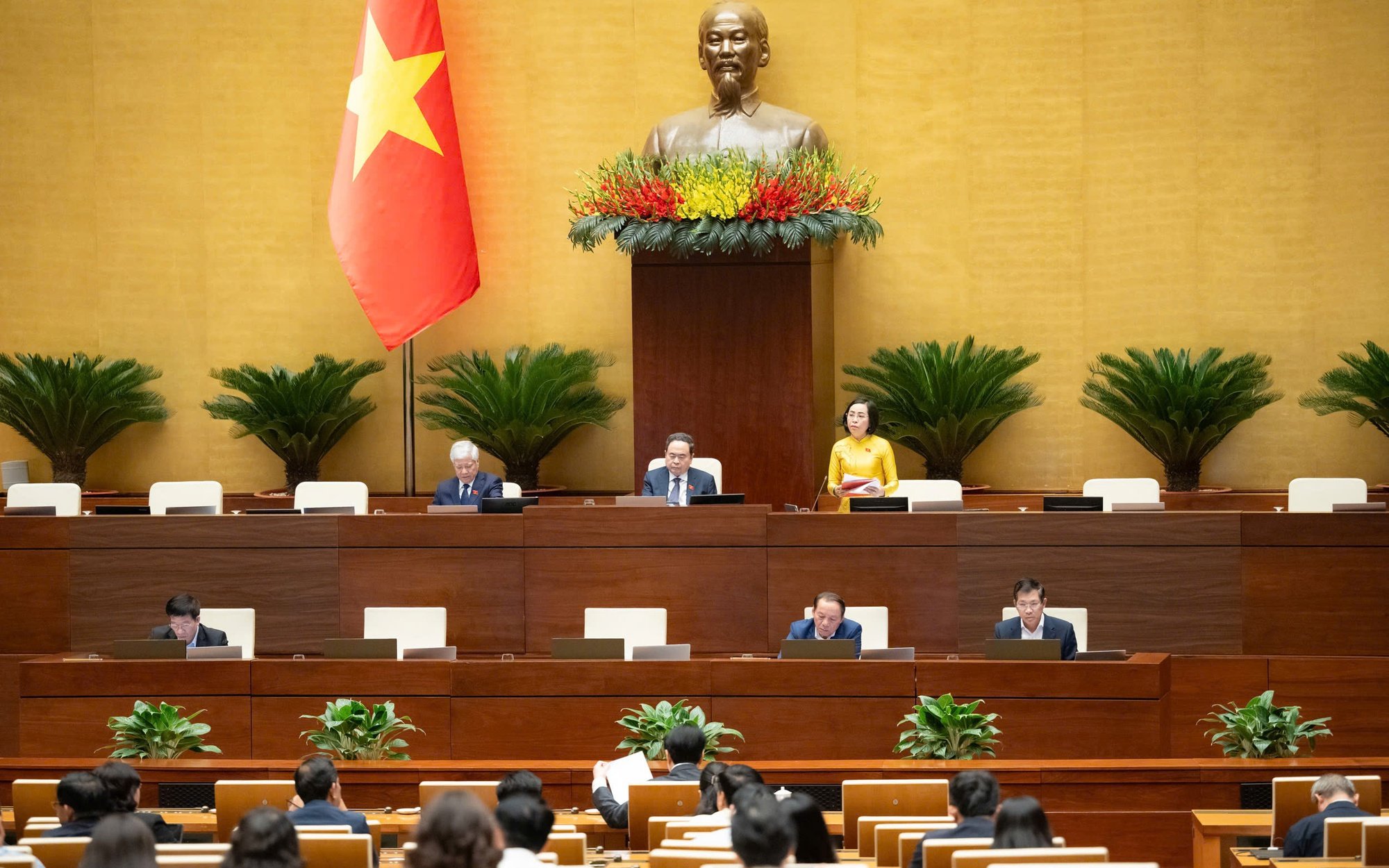








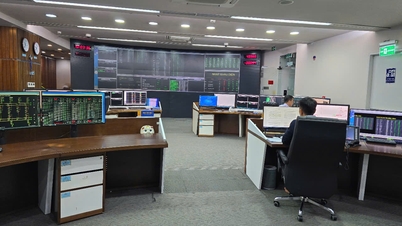
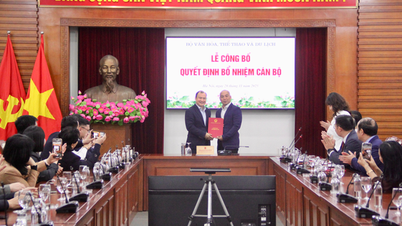
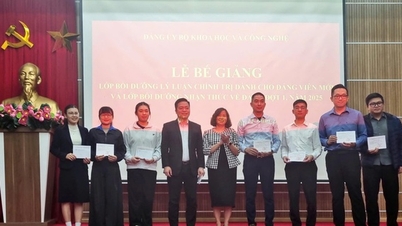


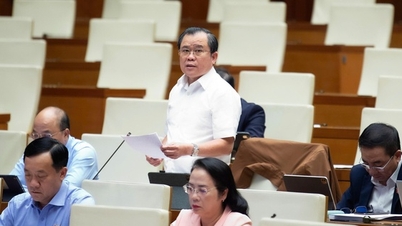




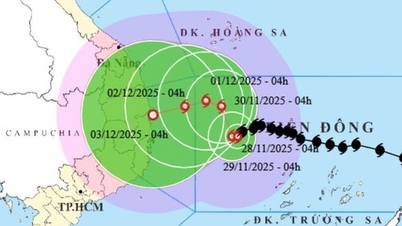

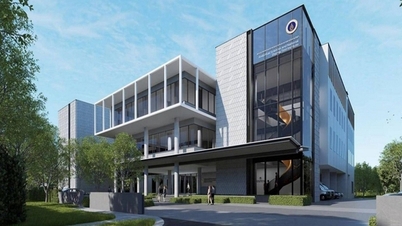
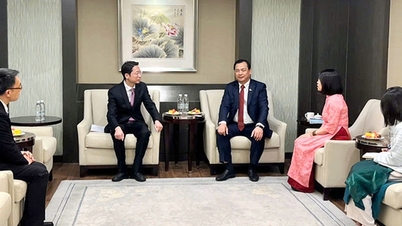
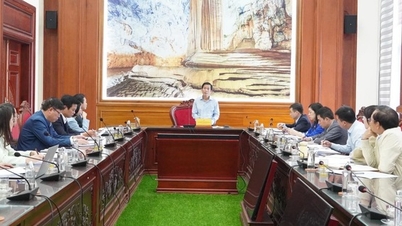
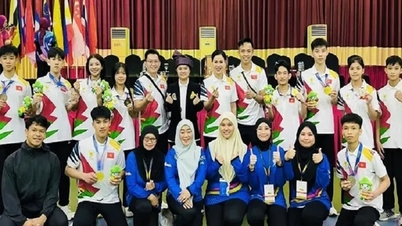








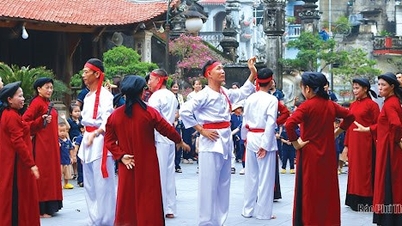












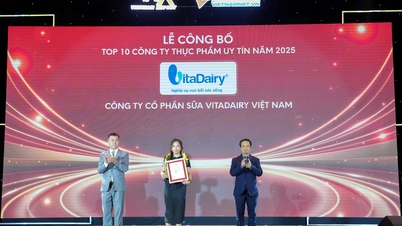




















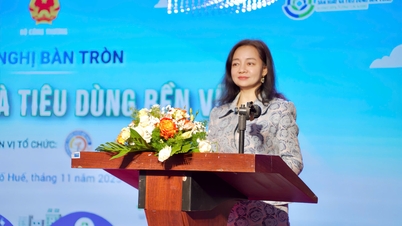
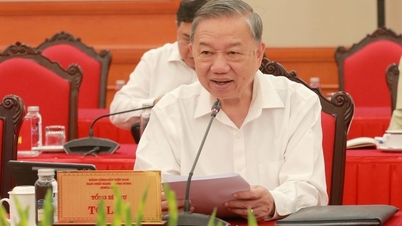




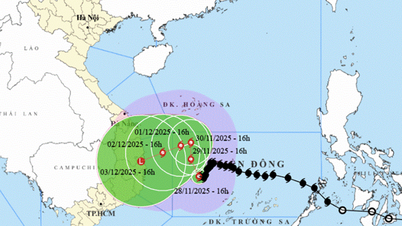

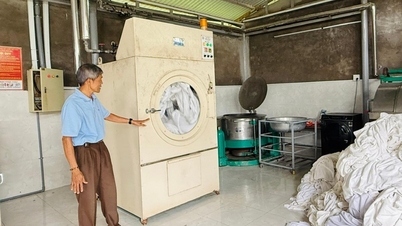
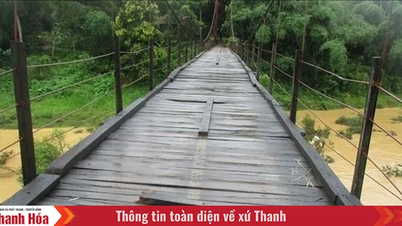

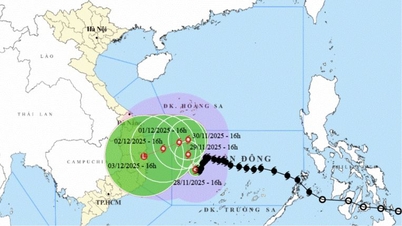











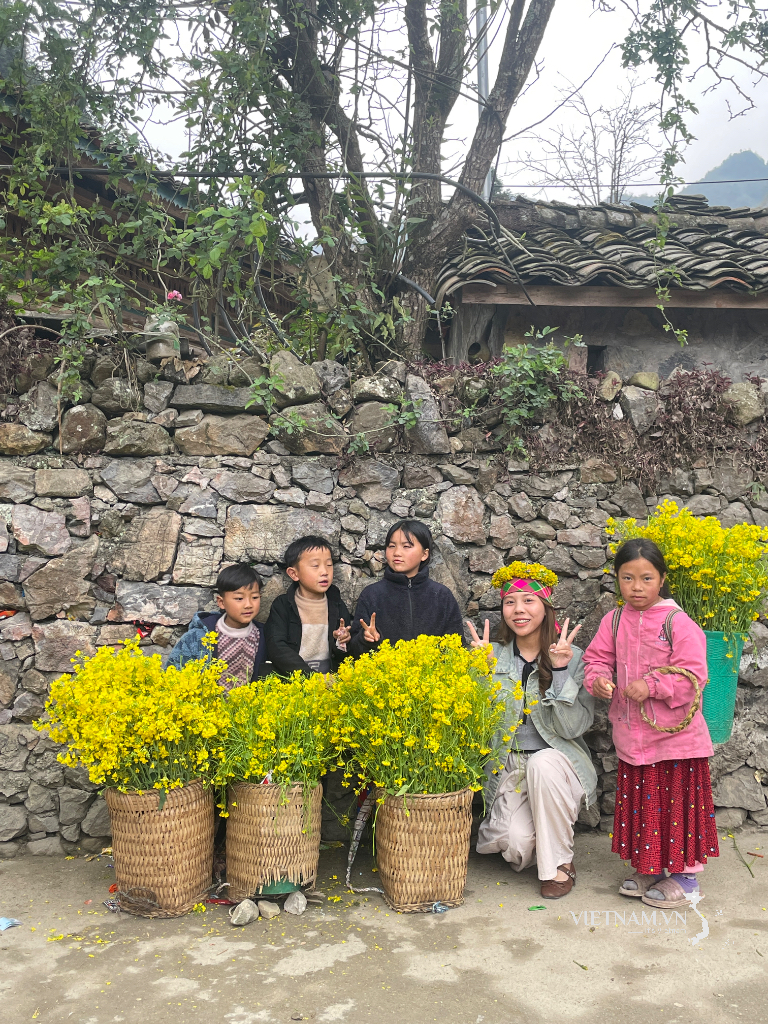


Comment (0)